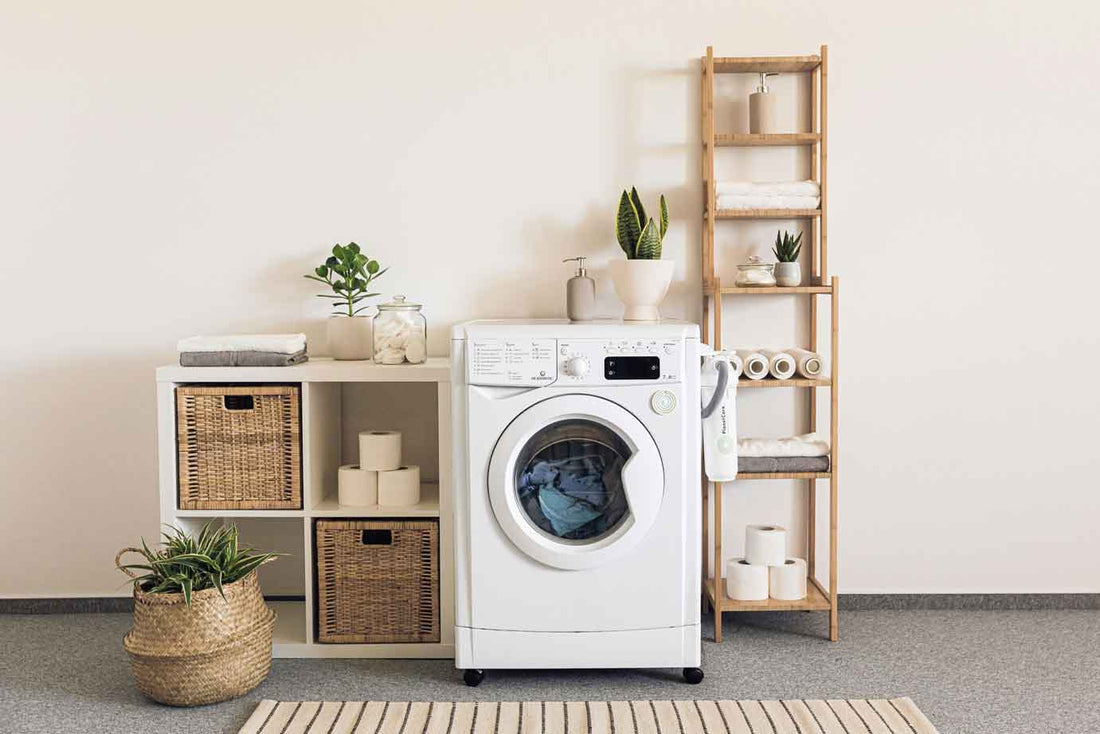
How to Save Energy: Tips for Reducing Your Consumption and Bills
Share
We all know how important it is to save energy; from cutting down on your bills to reducing fossil fuel emissions, energy conservation can have long term positive impacts. As developments improve our demand for energy continues to increase, but when the majority of our energy comes from fossil fuels this can have devastating global impacts.
Where does our energy come from?
Most energy consumption in the modern world is through the burning of non-renewables including oil, coal, and gas. This results in mass emissions of carbon dioxide and other greenhouse gases into the atmosphere, contributing to poor air quality and climate change. While there are renewable energy sources, such as wind, solar, or hydropower, they currently account for less than half our energy supply in the UK. Until this number reaches 100%, our energy consumption will continue to have negative environmental effects.

What is energy conservation?
Energy conservation is the idea that we should reduce the amount of energy we consume to use up fewer of the non-renewable fossil fuels where we currently get most of our energy.
Why is energy conservation important?
By preventing wasteful energy use we can directly reduce our related emissions and reduce energy bills, meaning it’s good for our wallets and the planet. It also encourages us to find new, renewable ways to provide energy, reducing our dependence on fossil fuels and reducing potential negative environmental impacts.

How do we reduce energy consumption at home?
Conserving energy at home is easier than you might think, and it all starts with being aware of your energy consumption. Installing a smart meter can help you track your usage in real-time, making it simpler to identify areas where you can cut back. Small actions like turning off lights when they’re not needed and switching to LED bulbs can significantly reduce your electricity use. When doing laundry, opt for washing clothes at colder temperatures and hang them to dry instead of using a tumble dryer. Your dishwasher can also be a source of savings; just make sure to run it on the eco setting and only when it's full. To improve your home’s overall energy efficiency, consider upgrading to double glazing, adding improved insulation, and using draft excluders or heavy curtains to keep the heat in. Additionally, switching to energy suppliers who offer renewable energy and investing in energy-efficient appliances can further minimize your environmental footprint. By taking these steps, you can not only conserve energy but also save money on your utility bills.

Conclusion
In conclusion, saving energy at home is both a simple and impactful way of contributing to a more sustainable future. By implementing practical tips, such as switching off lights to opting for eco-friendly settings on your appliances and improving home insulation, you can make a meaningful difference to your energy consumption and reduce our reliance on fossil fuels. Not only will these efforts reduce your environmental footprint, they’ll also lead to personal financial savings! Embracing energy-efficient practices is a small change that can have big benefits, creating a more sustainable future for everyone.
Related Posts
-
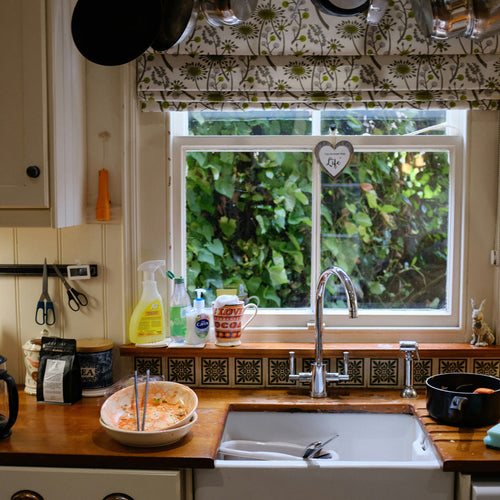
Why Your Home Smells (And How to Remove Odours Naturally with Activated Carbon)
There’s nothing worse than coming home after a long day to musty odours and dour smells in your home. From cooking or...
-

Air Quality Around the World: Trends, Rankings, and Global Pollution
Why is air quality important? On average, we breathe 25,000 times and inhale between 11,000 and 20,000 litres of air ...
-

The Importance of Pollinators: Protecting Nature’s Essential Workers
What Are Pollinators and Why Are They Important? Pollinators are crucial to ecosystems, agriculture, and food securi...
-
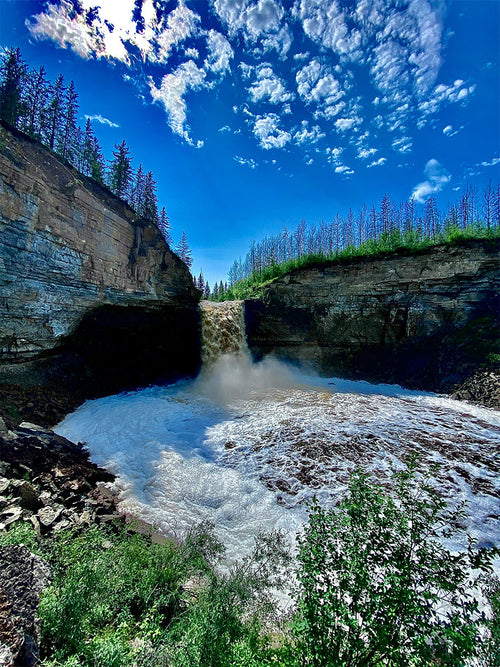
How Can We Use Earth’s Resources Sustainably?
Utilising Earth’s natural resources is essential for human wellbeing and development. From building materials to ener...
-

At Home With Nature: What is Biophilic Design, and How Can I Incorporate It Into My Space?
What is biophilic design? Biophilic design is the principle of incorporating nature into the design process and style...
-

How to Improve Cognitive Function and Avoid Sick Building Syndrome
When self-reflecting and looking for self-improvement, considering your cognitive function can be a great place to st...
-

Going for Gold
Fun With Fans Back in May we had all of the fans that live within Briiv Pro arrive and apart from a fright we had wh...
-

Save Money, Live Sustainably: Practical Tips for an Eco-Conscious Lifestyle
In today’s world it feels like there are a million ways to be more ethical in our purchases, which feels like a milli...
-

Christmas Shipping 2024
Hi everyone, As we close in on the end of the year, we've listed below the advisory last posting dates for Briiv: ...
-

Briiv Fragrances; add fragrance to your home with new Briiv essential oils
Briiv 2 and Briiv 2 Pro have a built-in fragrance diffuser, so that after the harmful pollutants have been removed fr...
-

How to Get a Better Night’s Sleep
A good night of sleep is crucial to support your health and wellbeing. While a one-off late night or restless evening...
-
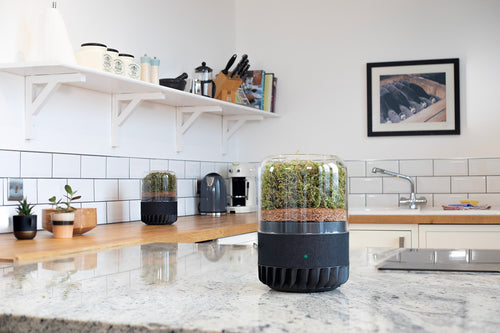
How to build a Briiv System
With Briiv 2 Pro you can build a mesh network of small and powerful air purifiers that work in unison to automaticall...
-

How Air Purifiers Can Help Remove Smoke and Odours During BBQ Season
As the weather continues to get warmer there’s nothing better than getting outside and cranking on the BBQ, but while...
-

How To Measure Your Space for an Air Purifier
In the world of air purifiers (and trust us, it’s a pretty extensive world) it can be overwhelming to decide what’s r...
-
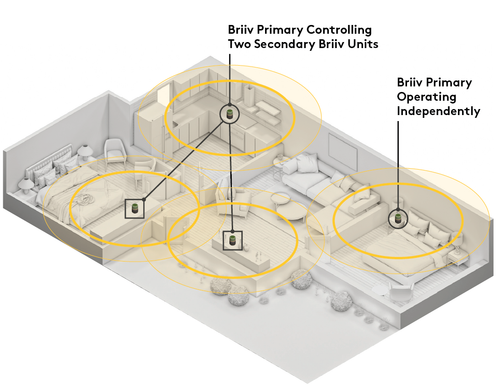
Behind Briiv Pro
Prototyping And Designing The Electronics We wanted to share some behind the scenes of developing the electronics tha...
-
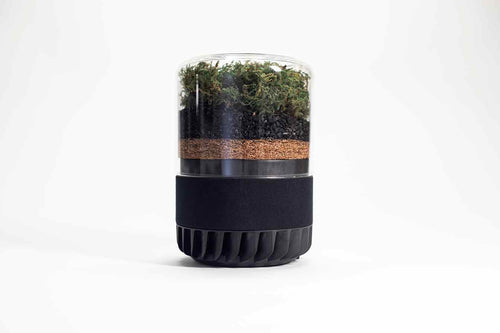
Smelling Great
A Close Look At The New Briiv Aroma We have had a few questions about how the fragrance part works in Briiv Pro, so...
-

Pollen Protection: How Air Purifiers Can Help You Survive Allergy Season
It’s that time of year; the sun is starting to show itself, we’re creeping into Spring, and we’re stocking up on anti...
-
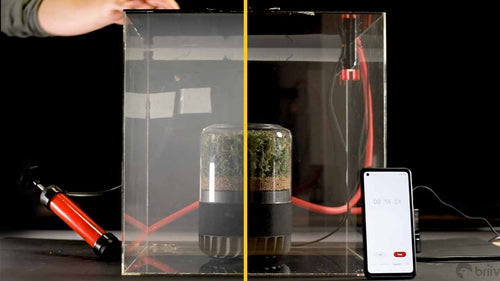
Briiv Pro vs. Smoke
Fun With Metal Back in December we started machining the electrodes that are going to be used to spark erode the tool...
-

How To Freshen Up Your Home
As the days are getting longer and the weather’s improving, we really are finally saying goodbye to Winter. And what ...
-

Aerosols: What are they, where are they from and where do they go?
Aerosols are everywhere in today’s world; be it your morning deodorant and a spritz of hairspray, or your everyday ai...
-
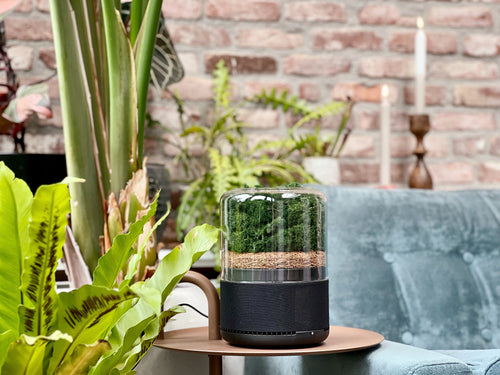
Will an Air Purifier Improve My Health?
There are plenty of reasons you’d want to bring an air purifier into your life, whether you’re wanting to remove unpl...
-
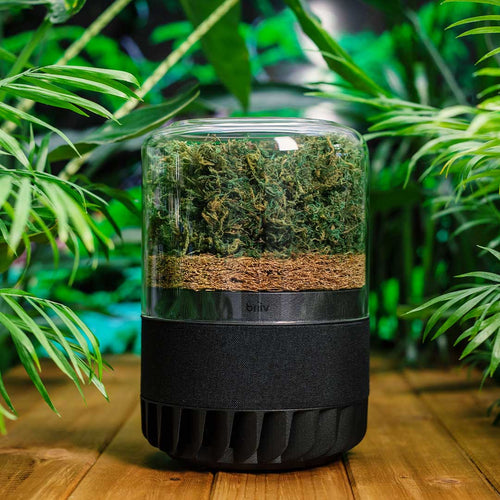
Welcome to Briiv Pro!
As it's our second time on Kickstarter, we're looking to do things a little different through this campaign and want ...
-

Christmas Shipping 2023
Hi everyone, As we close in on the end of the year, we've listed below the advisory last posting dates for Briiv: In...
-

Briiv Pro has Launched!
For a while now we've been exploring how to improve Briiv. With amazing feedback from our customers and community, al...
-

We Partnered with airQ
We recently partnered with the air quality monitor, airQ, to see how Briiv performed in a unique test environment. Br...
-
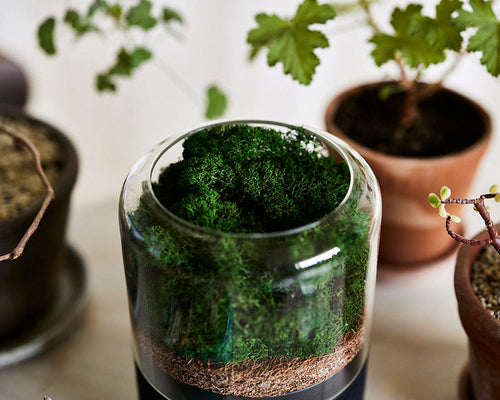
What's the deal with ozone?
With enough fear mongering online, it's understandable why you'd want to make sure your air purifier isn't actually ...
-

Caring for Briiv
Look after your Briiv so it can keep on looking after you. Your Briiv requires little to no maintenance, unlike s...
-

A Multi-Award Wining Product
Read what the experts have to say here! The idea of Briiv was born in 2019, and in the 4 years since then it's p...
-

Let's Get Social!
Whether you're into social media or not, you can benefit from learning a bit more about your favourite brands on diff...
-

Allergies? We're All-over it!
Briiv can be your shield against a season of sniffles! It's allergy season and if you're a sufferer, you know exa...
-
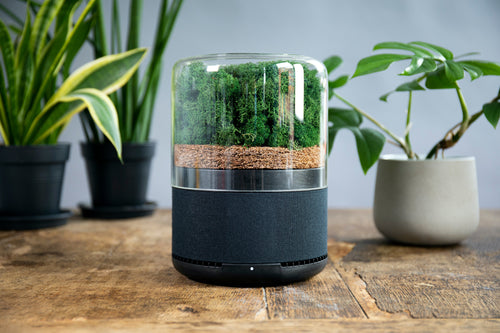
The Briiv Story (So Far!)
We’re all so proud here at Briiv of how far we’ve come over the past few years that we decided to take a look back at...
-
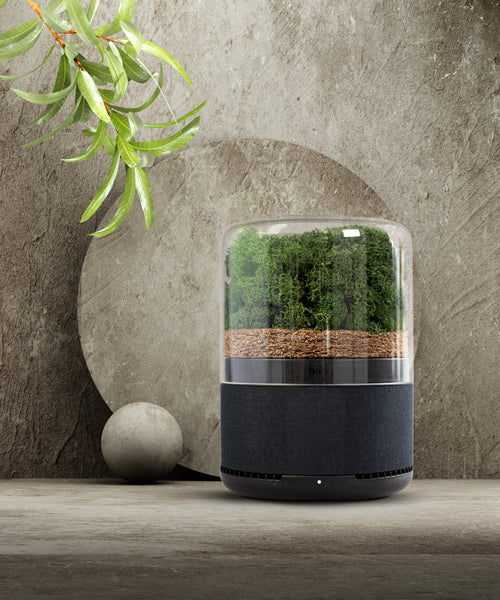
Briiv App: Trials and Tribulations
I wanted to just take some time and run through the challenges we have had and why it has taken us so long to get th...
-

Eco Excellence Awards 2022
We’re so excited to share that we recently won not one, but two Eco-Excellence Awards in the Home Air Purifier catego...
-

B Corp Certified - Archive
As of August 2022, we are incredibly proud to say that Briiv is B Corporation certified! As a B Corp business, Briiv ...
-
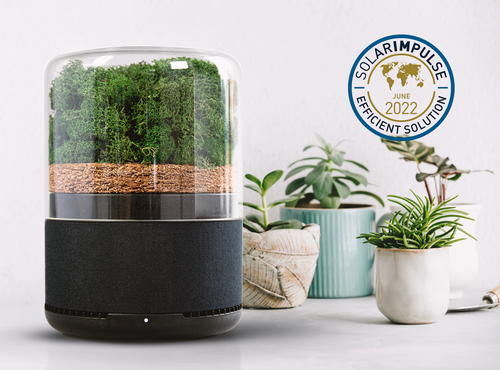
Solar Impulse Efficient Solution Label
The Solar Impulse foundation has collected over 1,000 clean and profitable solutions, and now Briiv is one of them. W...
-
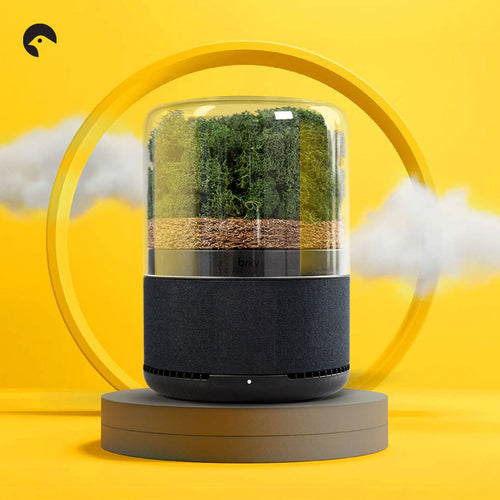
A Year in Review
Hello everyone! As we look back on the year, any attempt to sum it all up will be an understatement to say the least....
-

Briiv Goes to the P.E.A. Awards
This past weekend, we attended the P.E.A. Awards in Marylebone, London, the UK’s leading sustainability awards. The G...
-

Embracing The Circular Economy and Designing Towards a Greener Planet: The Briiv Story So Far
Photo by Elena Mozhvilo on Unsplash The world we live in is filled with infinite wonder and incredible beauty, but ...
-

Fulfilment Plans & New Branding
Fulfilment Plans & New Branding Hello everyone! We're thrilled this month to be able to bring you news, that...
-

Production Update - June 2021
Hello everyone, It's time for our monthly update and you'll be thankful to hear the updated timelines we set ou...
-
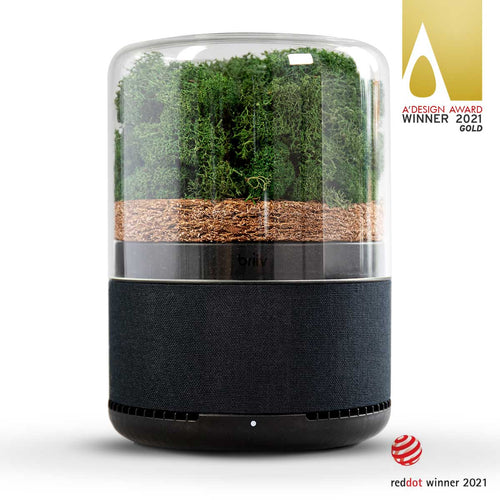
The A' Design award
More Outstanding Recognition for briiv We are thrilled to announce we are the recipients of yet another prestigious d...
-

Red dot winner 2021
Award-Winning We're extremely excited to share the news that this last month, we won an award for the briiv Air Filte...
-

We're on track! / Carbon Neutral
Hello everyone, Production Update We hope you are all keeping safe and well. It's been a month since our last up...
-

Manufacturing Update - December
Hey everyone, We hope you are all well and want to say thank you for all your messages and support recently. We'...
-

Inside Story, Production Update
Hey everyone! It's been a great few weeks for us as we begin to put into action our production schedule! We have a fe...
-

Plants. Do they actually clean my homes air?
Hi everyone! We're fast approaching the end of our Kickstarter campaign and we've really enjoyed your feedback and an...














































